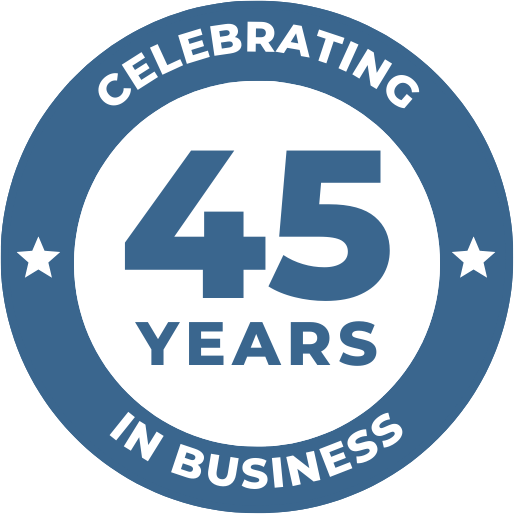Recourse Factoring Vs. Non Recourse Factoring…. Which is right for you?
Businesses that have a recourse factoring agreement are responsible for buying back invoices that are not paid by the account debtor (the company that owes the money) after a specified period of time, usually 60, 90 or even 120 days. It means even though the factoring company has purchased the invoice and advanced on it, they still have “recourse” at some point.
Most factoring companies provide credit checks through various credit agencies to help minimize the charge-backs (recourse) and to help businesses make good credit decisions. These credit checks can be done on current accounts or on new accounts they hope to have business with in the future. Recourse factoring offers the factor the least amount of risk and discount fees are generally lower making it a more affordable option for a business seeking to factor.
For non-recourse agreements, the factor assumes the risk of non-payment by the account debtor, regardless of the reason. Non-recourse factoring keeps the business from assuming bad debt but is riskier for the factor. Discount fees are considerably higher than for recourse factoring. In some cases, if a business has a concentration of invoices with just a few large customers, non-recourse factoring may protect the business from potentially large offsets.
So when deciding on which type of factoring is best for your company, evaluate your customers, your cash flow needs and just what expense your company can afford.







